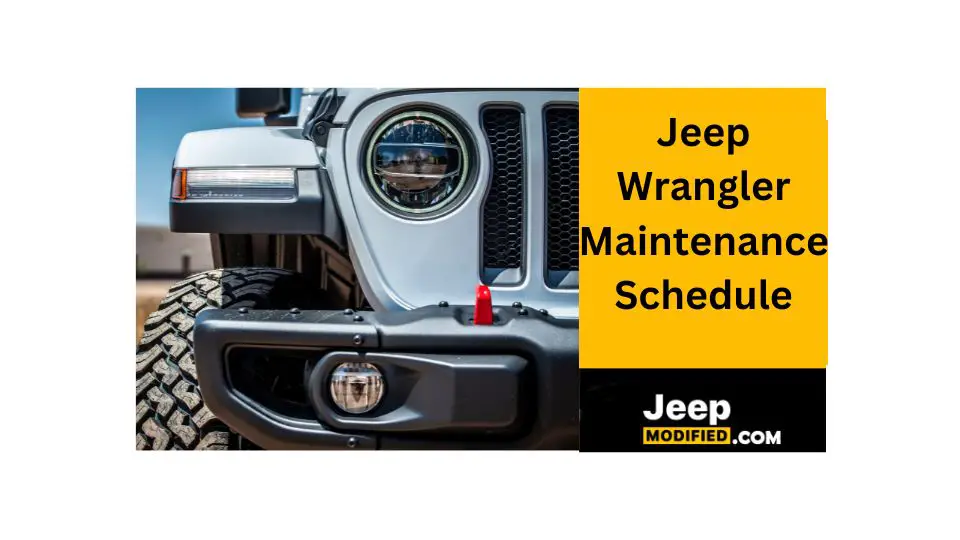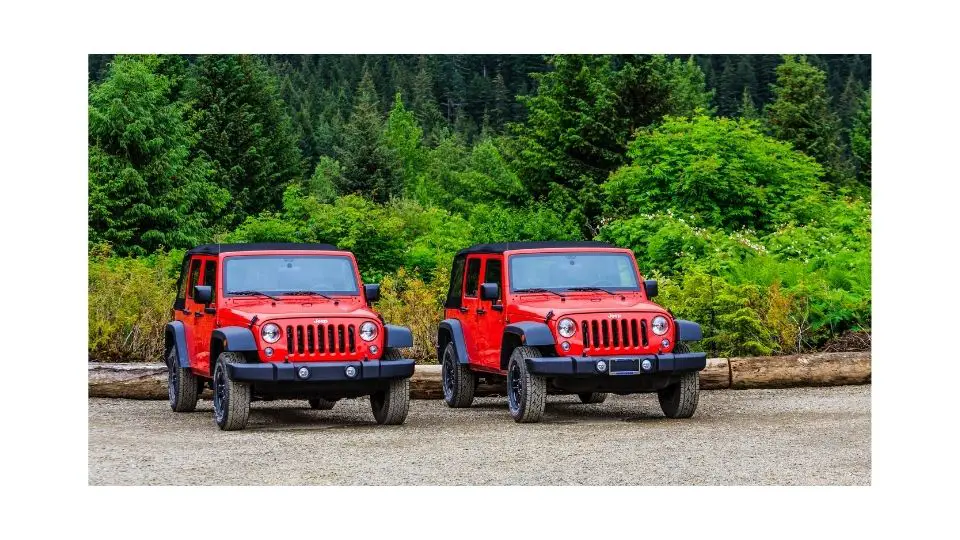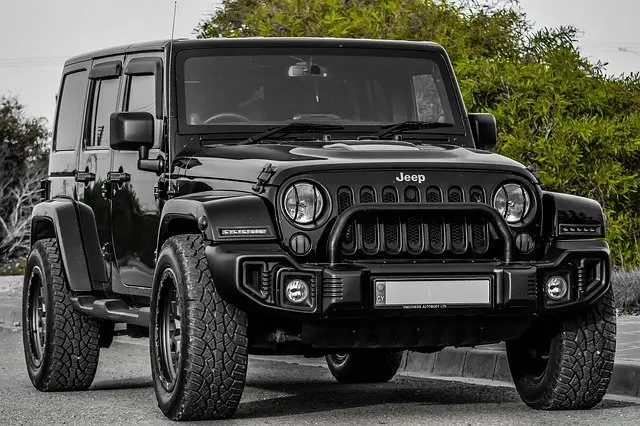In this article, I am going to share with you the recommended maintenance schedule for your Jeep Wrangler. Also find estimated costs for the needed work.
Why a Maintenance Schedule is Crucial for Your Wrangler?
Before we get to the actual schedule, let’s look at why it is important to do basic maintenance for your wrangler from my experience.
- Reliability: Regular maintenance helps to ensure that your Jeep is always in top shape and ready to take on any adventure. This can help to reduce the risk of unexpected breakdowns and keep you on the road.
- Safety: Proper maintenance is essential for the safe operation of your Jeep. For example, regular brake inspections can help to ensure that your brakes are in good working order, which is essential for safe driving.
- Performance: Regular maintenance can help to improve the performance of your Jeep. For example, changing the oil and replacing the air filter can help to improve the engine’s efficiency and power.
- Longevity: Proper maintenance can extend the life of your Jeep. By taking care of your vehicle and replacing worn or damaged parts as needed, you can keep your Jeep running smoothly for many years to come.
- Cost Savings: Regular maintenance can help to save you money in the long run. By taking care of small issues before they turn into major problems, you can avoid costly repairs down the line.
Jeep Wrangler Maintenance Schedule
The most important components on your Jeep Wrangler maintenance schedule include oil changes, brake inspection & change, tire rotation and balancing, Air filter changes, and more, now let’s look at when each should be performed.
1. Jeep Wrangler Engine Oil Change Interval
It’s important to regularly change the oil in your Jeep Wrangler to keep the engine running smoothly and efficiently.
Oil helps to lubricate and cool the engine, and over time it can become dirty and break down, leading to reduced performance and potential engine damage. It’s generally recommended to change the oil every 5,000 – 7,500 miles or every six months, whichever comes first.
2. Jeep Wrangler Rotating & Balancing Your Tires
Regular tire rotations and balances can help to extend the life of your Jeep’s tires and improve their handling and stability.
During a tire rotation, the tires are moved to different positions on the vehicle to ensure that they wear evenly.
A balance helps to ensure that the tires and wheels are properly balanced, which can help to reduce vibrations and improve ride comfort. It’s generally recommended to rotate and balance your Jeep’s tires every 5,000 – 7,500 miles.
In addition to rotation and balancing, the correct pressure on the tires of your Jeep Wrangler is also important.
3. Jeep Wrangler Brake Inspection/Change
Brake inspections are important to ensure that your Jeep’s brakes are in good working order.
During an inspection, a mechanic will check the brake pads, rotors, calipers, and other brake components for wear and damage, and make any necessary repairs.
It’s generally recommended to have your Jeep’s brakes inspected every 15,000 – 20,000 miles.
4. Jeep Wrangler Air Condition Filter Change
The air conditioning filter in your Jeep helps to keep the air inside the vehicle clean and free of dust, dirt, and other contaminants.
Over time, the filter can become clogged, which can reduce the efficiency of the A/C system and lead to reduced airflow. It’s generally recommended to replace the A/C filter every 15,000 – 20,000 miles.
5. Jeep Wrangler Front & Rear Axle Fluid Change
The front and rear axles in your Jeep help to transfer power from the engine to the wheels and ensure that your vehicle can move smoothly and efficiently.
It’s important to regularly change the fluid in these axles to help keep them running smoothly and extend their life. It’s generally recommended to change the front and rear axle fluid every 30,000 – 40,000 miles.
6. Jeep Wrangler Belts and PCV Valve Check
Belts and the PCV (positive crankcase ventilation) valve are important components in your Jeep’s engine.
Belts help to transfer power from the engine to various components, such as the alternator and water pump, while the PCV valve helps to reduce emissions by allowing gases to escape from the crankcase.
It’s important to regularly inspect these components for wear and damage and replace them as needed. It’s generally recommended to inspect the belts and PCV valve every 80,000 – 100,000 miles.
7. Jeep Wrangler Transfer Case Fluid Change
The transfer case in your Jeep helps to transfer power from the transmission to the front and rear axles, depending on the driving conditions.
It’s important to regularly change the fluid in the transfer case to help keep it running smoothly and extend its life. It’s generally recommended to change the transfer case fluid every 45,000 – 60,000 miles.
Jeep Wrangler Maintenance Cost Per Year
According to RepairPal and AAA the average annual cost of maintaining a Jeep Wrangler is $694 to $1,800 respectively, with a range of $400 to $2,500 per year. These estimates are based on the cost of parts and labor for common maintenance and repair items, such as oil changes, tire rotations, and brake inspections.
It’s worth noting that these estimates are just a rough guide, and the actual cost of maintaining your Jeep Wrangler may vary depending on a number of factors, such as your location, driving habits, and the specific needs of your vehicle.
To get a more accurate estimate of the cost of maintaining your Jeep Wrangler, it’s a good idea to consult with a Jeep dealership service department. They can review your specific vehicle and provide a personalized maintenance plan and cost estimate.





